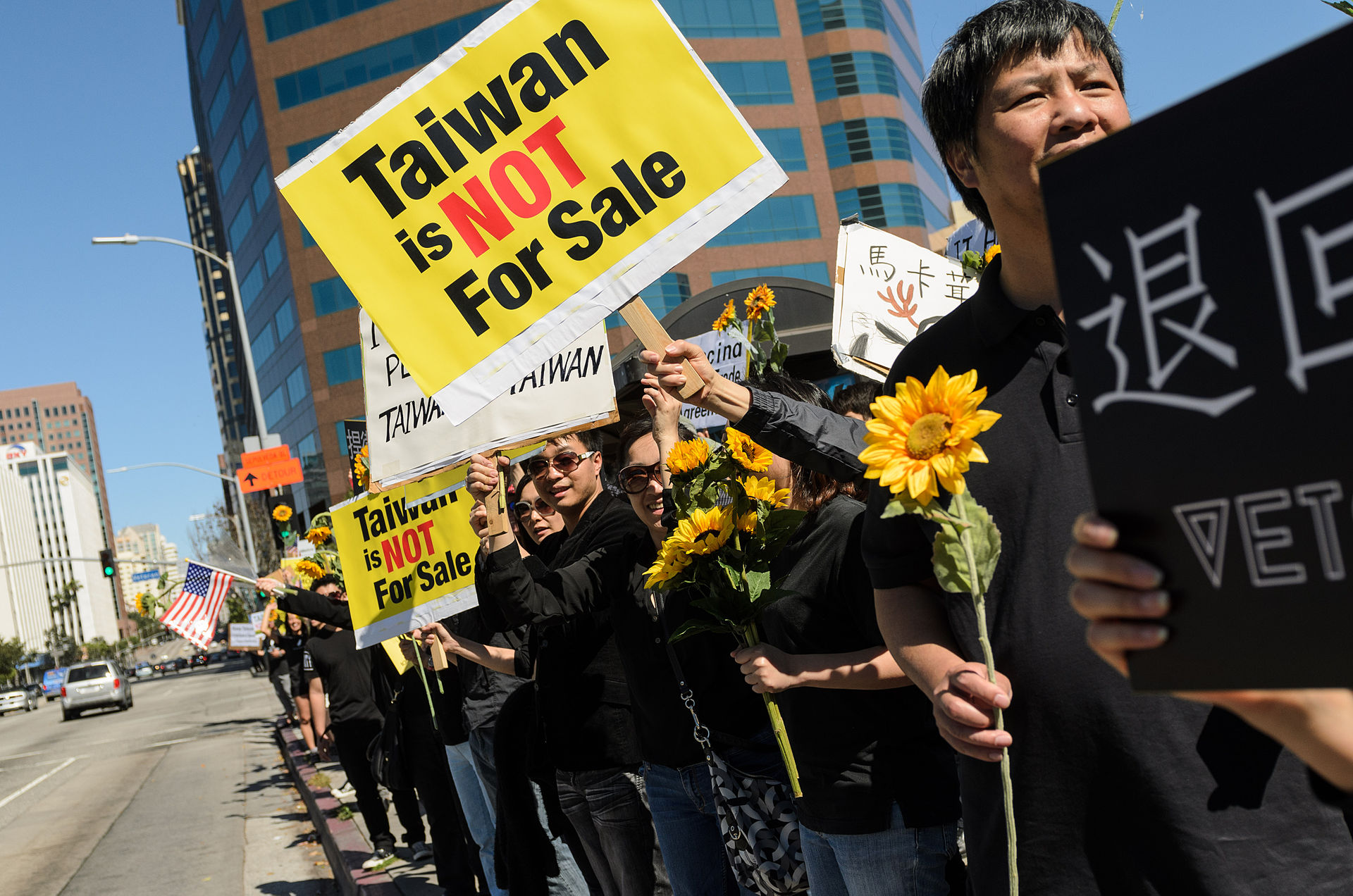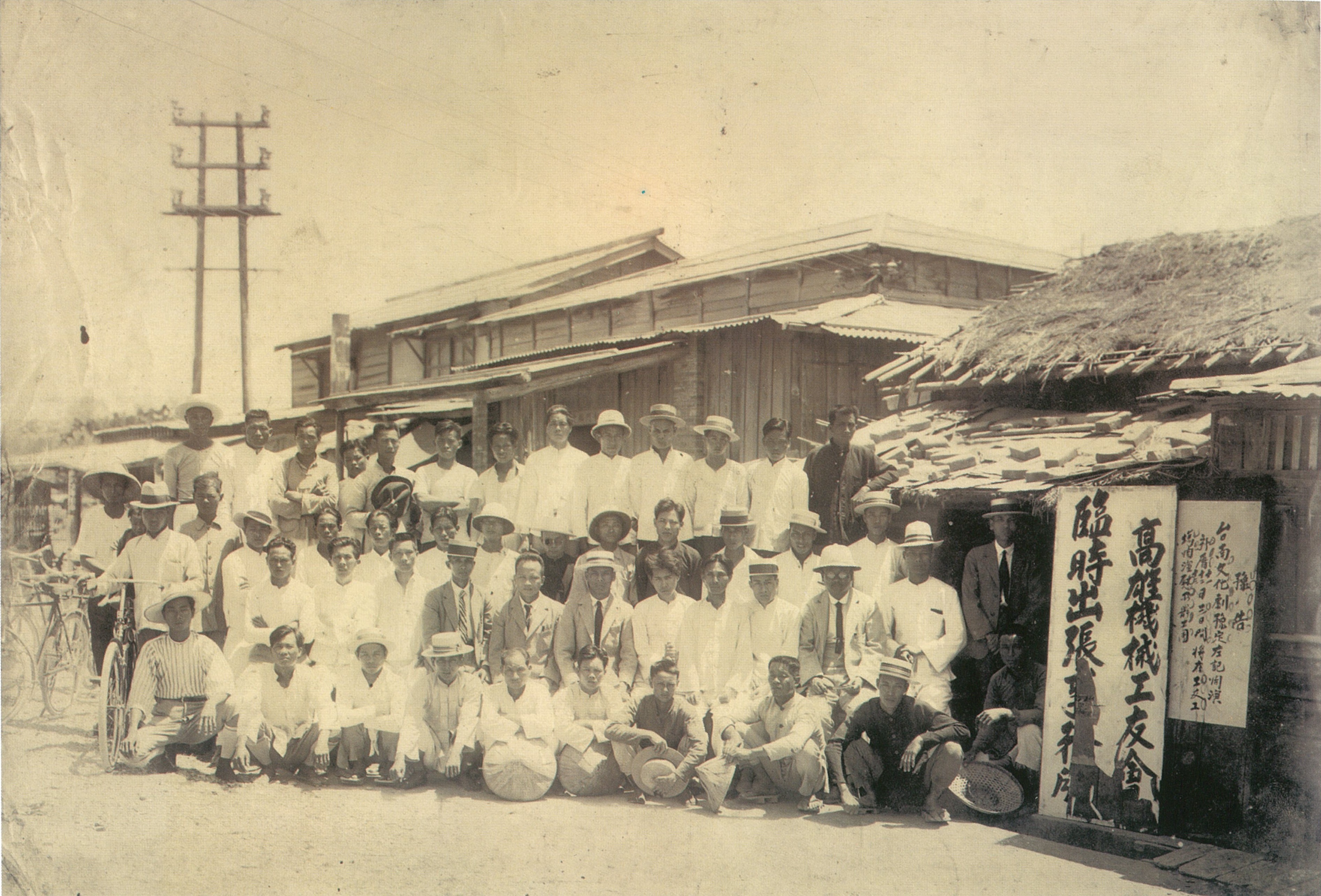Economic Theory
investigating stragetic persuasion in multi-channels and spillovers of public policies
On Economics and Social Interaction
Agency, despite its contextual nuances in humanities, sociology, and economics, serves as the foundation of the fields in social science. However, individuals exercise their agency with an acute awareness of the societal context, linked to the decision space of other social actors.
At the collective level, the mechanisms and revelation of signals into individual beliefs endogenously contribute to shaping organizational or societal decisions. While individuals strive for optimal outcomes, they engage in a dynamic interplay of competition or coordination, vying to attain pivotal roles through social interactions. This interactive process could be broadly encapsulated by forms of communication (persuation) or participation in auctions.
My research converges at the intersection between collective actions and information economics, with a particular emphasis on learning and persuasion, occasionally drawing insights from network theory. I aim to facilitate an in-depth exploration of the micro-foundations in practical applications, ranging from cooperative communities and social movements to the structures underpinning the welfare state.

Egalitarianism: Nature vs. Nurture
Regarding the research of human tendencies towards egalitarianism, an intriguing question arises: Is this pursuit rooted in individual self-interest, strategically motivated by the desire to maintain opportunities for advantageous exchange and cooperation, or is it a product of deep-seated evolutionary processes that have shaped our cooperative nature?
Distinguishing between these two mechanisms, we bring to light what we term the “myopic nature” of humanity. This concept suggests that individuals tend to benefit from altruistic behaviors primarily when these actions contribute to the welfare of their immediate communities, often mediated through closely connected social networks. In contrast, the pursuit of far-reaching benefits frequently necessitates the sacrifice of immediate gains for the betterment of others.
To elucidate these complex dynamics, we employ the framework of a globular game. In our model, a collective of individuals actively forms social networks, where they receive feedback and derive utility based on both the structure of these networks and the actions of their peers. Each actor holds private information about the connections within their networks and possesses public information regarding the current actions of fellow agents, albeit without insight into the present state of the collective.
Of particular interest is the mapping between Bayes-Nash equilibria and the network structurual features of players with high-action. By finding the Markov strategy in this sequential globular game, it is possible to apply the equilibria in network econometric model with the state-of-art Bayesian approach.
The Externalities of Information and Network Structure
In social interactions, after the phase of coalition formation, the process of social learning plays a crucial role in shaping the collective action profiles of groups of individuals. How these actors update their beliefs can profoundly influence the resulting course of action. Furthermore, the openness of social learning mechanisms and private information to an external mechanism designer has the potential to significantly impact the design and structure of information flows.
Typically, Bayesian updating and opinion dynamics serve as common models to elucidate the intricacies of social learning. By considering fundamental principles like bounded confidence, homophily, and network rewiring, we can effectively simulate the dynamic behaviors of individuals within specific network configurations, such as Exponential Random Graph Models. While it is feasible to derive equilibrium states of social learning under varying conditions, the critical factor lies in understanding how external perturbations, including misinformation and mass media manipulation, can interfere with optimal individual responses. These disturbances ultimately dictate the distribution of welfare and resource allocation, subject to the constraints imposed by the information transmission structure.
Conversely, in a scenario where all known mechanism designers gain insight into private information structures, as exemplified by revealed preferences within network interactions, the potential for manipulation of desired outcomes comes to the forefront. While somewhat pessimistic, one can envision a political landscape akin to a “digital dystopia.” We investigate such concerns within the information design framework, valuing the confidentiality of private information as social goods. Our endeavor involves estimating outcomes under the Bayes-Nash equilibria, employing various best-response dynamics, as we seek to shed light on the implications of these complex and often opaque information structures against social welfare.
Pilot Study: The socio-economic analysis of labor movements in Japan-colonizing Taiwan (1898-1932)
Our research on egalitarianism and social welfare of information as well as network structures aims to complement theoretical explorations with motivating real-world examples. My working paper (Chen, 2023) examines the socio-economic facets of Taiwan’s labor movements during Japanese colonial rule (1898-1932) as a case study.
In the rich archive of historical documents, like Taiwan Minpo (臺灣民報), I uncover insights into the interactions and conditions that shaped these movements. The burgeoning unions and strikes of the 1920s reveal decentralized worker networks forming organically through existing social ties. Simultaneous participation across factories evidences these networks sustaining collective action without centralized control.


Early grassroots unions embraced all workers regardless of individual gain, championing inclusivity beyond mere wage demands. However, the colonial government countered these initiatives by employing police authority and employing rhetoric centered on worker “freedom.” They notably argued that new workers in the industry had the “freedom” to abstain from joining the labor union, which disrupted the original dynamics of social learning. They fractured connections to sap collective power. Nonetheless, even as macro conditions further eroded labor networks in the 1930s, subtler forms of egalitarianism persisted. The formation of cooperative businesses willing to sacrifice immediate individual gains upheld inclusive ideals.
Overall, this historical study illuminates modern debates on utilitarianism versus egalitarianism that perpetuate inequality. As we explore contemporary digital dystopias amidst the lingering echoes of colonialism, this compelling backdrop guides our interdisciplinary research on socio-economics, network games, and information economics.